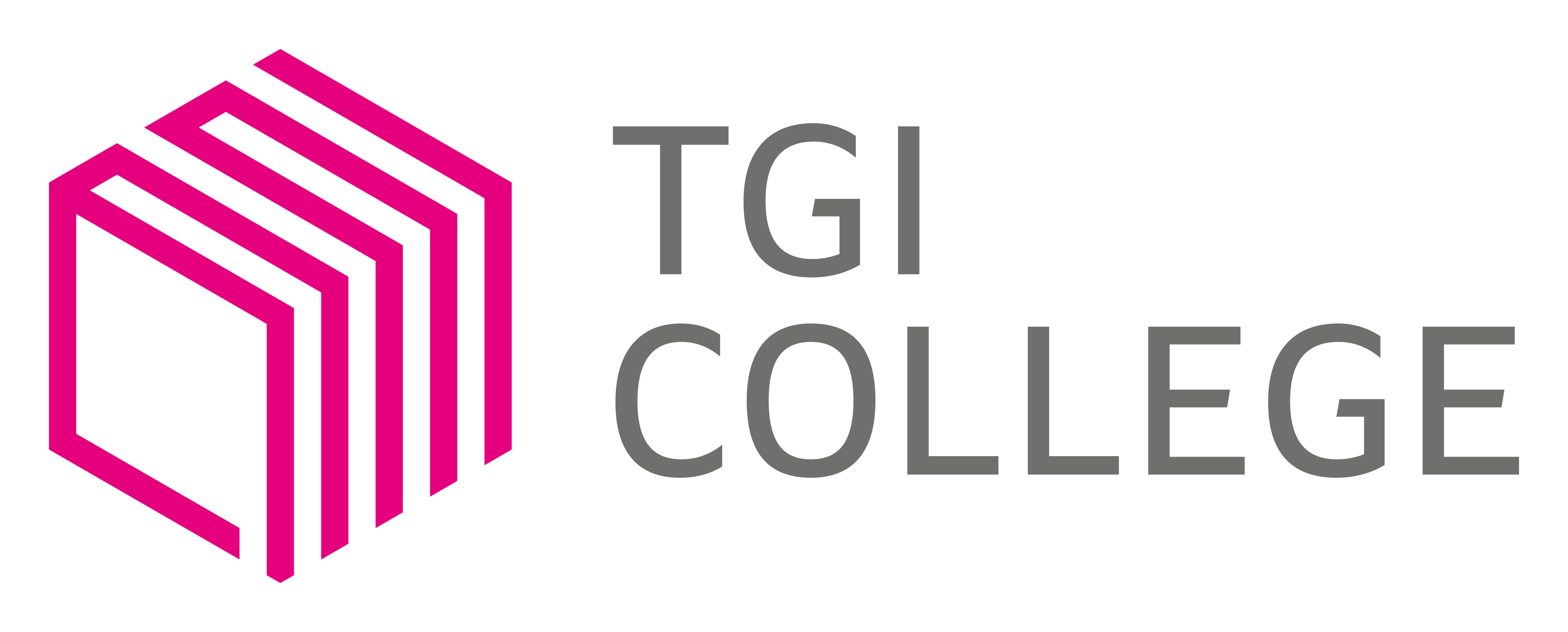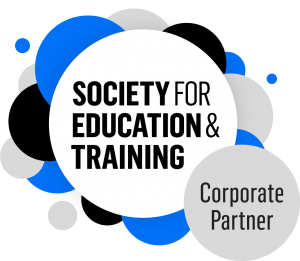Lecturers gain additional professional standards status
Six lecturers at Guernsey College of Further Education – which is part of The Guernsey Institute – have gained professional standards status from the Society for Education and Training (SET). Four have gained the Qualified Teacher Learning and Skills (QTLS) status (Rachel Guilbert, Dan Hunter, Bob Childs and Lucy Mallett) and two achieved Advanced Teacher Status (ATS) (Martine Ellis and Jenn Long).
All lecturers at Guernsey College of Further Education are required to undergo a two-year Diploma in Education and Training as their initial teaching training in order to teach in the post-16 environment. QTLS and ATS allow lecturers to further develop their practice and advance their professional teaching skills.
The College now has a total of 14 lecturers who have achieved QTLS status with a further 12 currently undertaking the process; two further lecturers have begun the ATS programme.
QTLS is the badge of professionalism for post-14 further education and training, helping practitioners advance in their careers and demonstrate their expertise and experience. Practitioners undertake a six-month process to demonstrate that the skills and knowledge gained in their initial teacher training qualification are being effectively applied in their current professional practice.
ATS is the badge of advanced professionalism and mastery in further education and training and is a challenging year-long process. The ATS programme was launched by the Education and Training Foundation in 2017, is conferred through SET and awards Chartered Teacher Status.
Jeanette Hart, College Vice-principal said:
“Promoting the professionalism of our team is one the College’s key priorities. It is a significant commitment to undertake either of these processes over and above the day-to-day pressures of a full-time role and I congratulate everyone for their efforts and hard work in completing these programmes. It’s also testament to our team’s commitment that this year’s ‘graduates’ are now acting as mentors to the next cohort of practitioners who have recently begun the process.”










